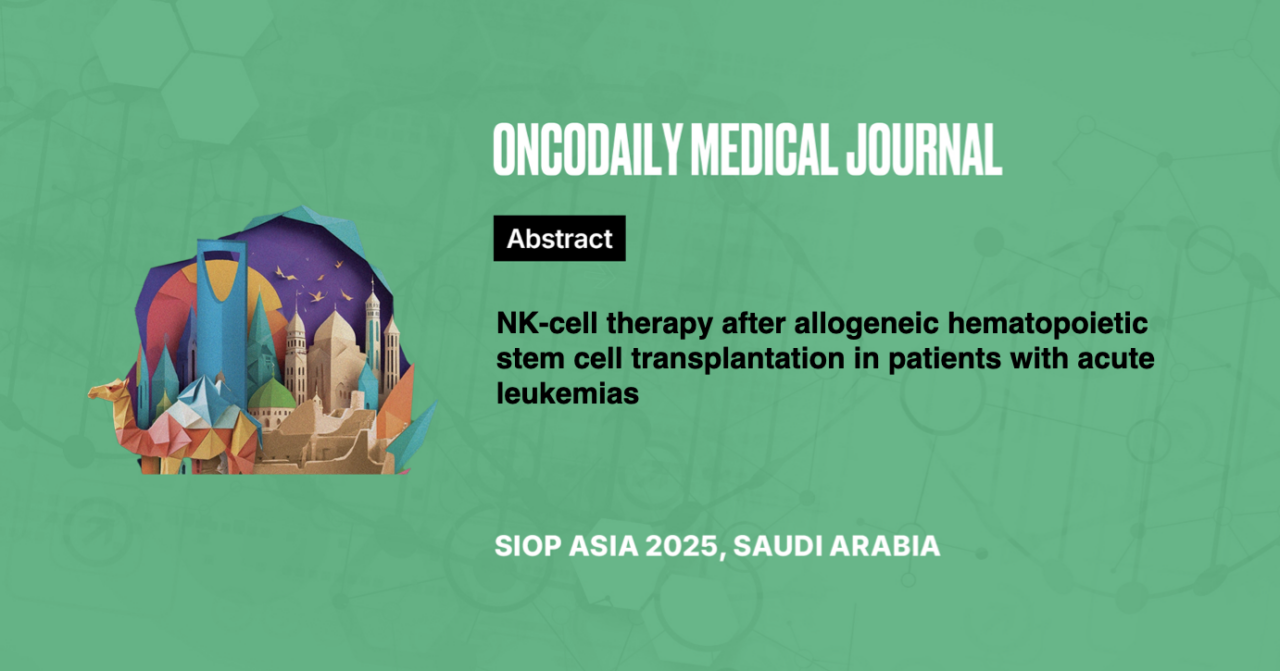NK-cell Therapy after Allogeneic Hematopoietic Stem Cell Transplantation in Patients with Acute Leukemias
Abstract
Introduction: Objective is to evaluate the safety and efficacy of allogeneic NK-cell-based therapy in patients with relapsed and refractory acute leukemias.
Methodology: Two patients under 1 years diagnosed with acute lymphoblastic (ALL) and acute myeloid leukemia (AML), refractory to therapy, received allo-HSCT from fully match donor followed by infusion of allogeneic NK-cells as immunotherapy. The primary endpoints were safety and successful expansion of donor NK-cells, defined as >100 donor NK cells/μL peripheral blood at day 14 after NK-cell infusion [(absolute lymphocyte count/μL) × (% of lymphocytes that are CD56+/CD3− NK-cells) × (% of donor chimerism using standard short tandem repeat testing)]. Secondary endpoints included response assessment according to IWG 2006 ALL or IWG AML.
Results: NK-cell infusions were well tolerated, no side effects were observed in the presented patients. Cytological remission of AML and ALL were achieved, and minimal disseminated disease was negative found. It is worth noting that, despite the absence of systemic IL-2 administration, an increase in activated Ki-67+CD127−FoxP3+CD25hiCD4+ Treg cells of the recipient was observed after NK-cell therapy.
Conclusion: The introduction of donor NK cells after allo-HSCT in patients with relapsed and refractory forms of acute leukemia allows activating additional functions of antitumor immune surveillance and hopes for increasing the effectiveness of therapy for unfavorable variants of acute leukemia, due to the expansion of the possibilities of cellular therapy strategies.





